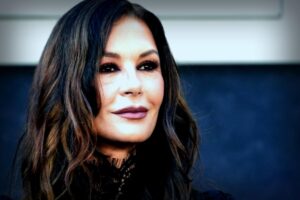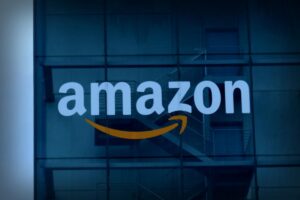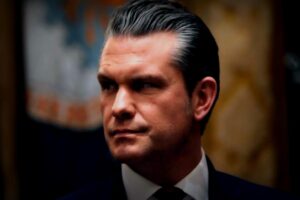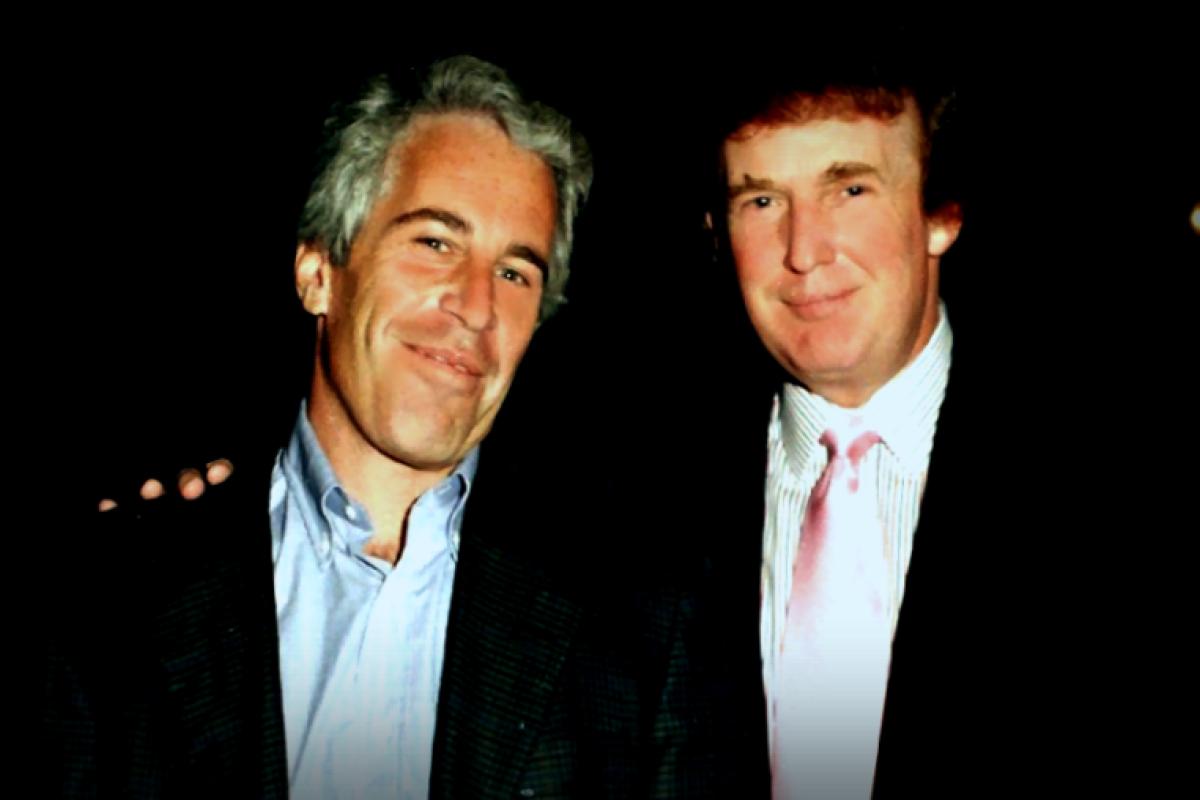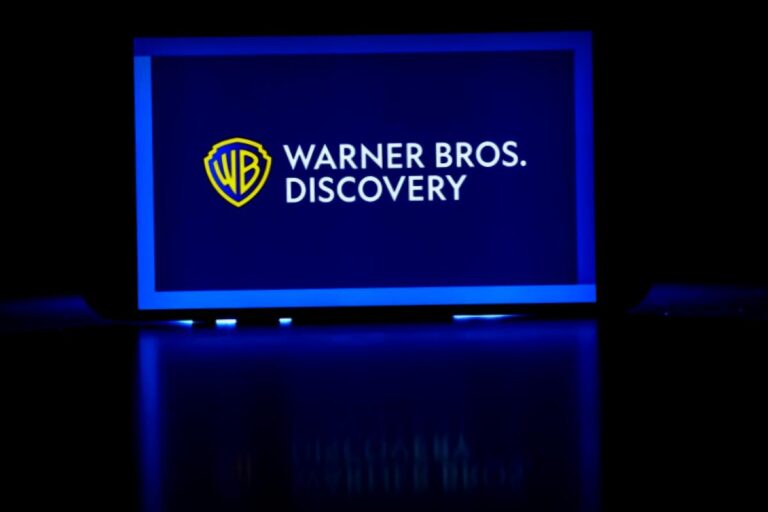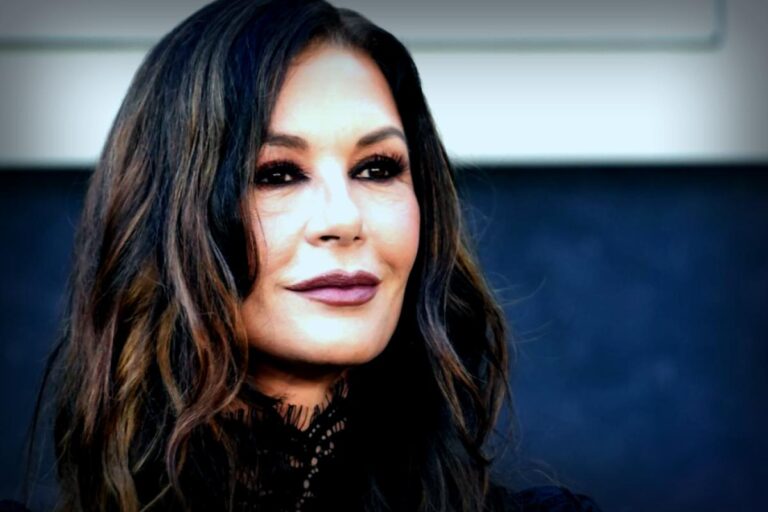Recently, the Trump administration made some eye-opening moves surrounding the Jeffrey Epstein case that raised many eyebrows.
Initially, they seemed to pivot away from promises of full disclosure, making misleading statements and actively avoiding a candid discussion of President Trump’s connections to Epstein. Oddly, Ghislaine Maxwell seemed to be treated with surprising leniency, raising questions about the administration’s motives. The supposed steps towards transparency turned out to be less transparent than one would hope.
Many of Epstein’s victims and their advocates are now hinting that something shady might be happening here. Though Trump himself hasn’t faced any legal trouble related to the alleged sex trafficker, the plot thickens.
A crucial moment came on Monday when it became clear that the administration’s much-touted transparency initiative was actually a smokescreen.
To counter growing backlash, Trump had tried to push for the release of grand jury testimonies in both the Epstein and Maxwell matters. Experts had already warned that this move was unlikely to change the narrative significantly.
Now, a judge has struck down that initiative in Maxwell’s case. What’s crucial here isn’t just the ruling itself, but the judge’s reasoning. Instead of claiming the materials were sensitive, he noted they simply weren’t new information.
In essence, the White House’s claim about shedding light on the matter by revealing documents proved hollow.
Judge Paul Engelmayer’s ruling indicates that what we have here really resembles that ill-fated smokescreen.
The judge remarked on the administration’s premise, asserting that the grand jury materials wouldn’t necessarily unveil “meaningful new information” about the crimes associated with Epstein and Maxwell. Engelmayer pointed out that the government couldn’t even highlight any significant revelations in its arguments—just a few disconnected phrases and sentences. Plus, he noted that much of this info had already been aired in public testimony during Maxwell’s trial.
His insights suggest those in the know about the case wouldn’t gain anything revealing. The remaining info matters little concerning:
- Other individuals engaging with minors aside from Epstein and Maxwell.
- Any of Epstein’s clients.
- New details on how Epstein and Maxwell operated.
- Further potential crime locations.
- The direction of the Government’s investigative efforts.
- The circumstances surrounding Epstein’s death.
So basically, the documents don’t reveal anything pivotal that would interest those eager for deeper understanding surrounding Epstein’s case. Quite the letdown it seems.
Interestingly, the administration had access to these documents but spearheaded the initiative suggesting significant transparency.
This leads Judge Engelmayer to believe the administration might have been fully aware of this apparent diversion all along.
He implied that an average citizen could conclude that the government’s intent behind unsealing these materials wasn’t geared towards actual transparency but rather to create the illusion of it.
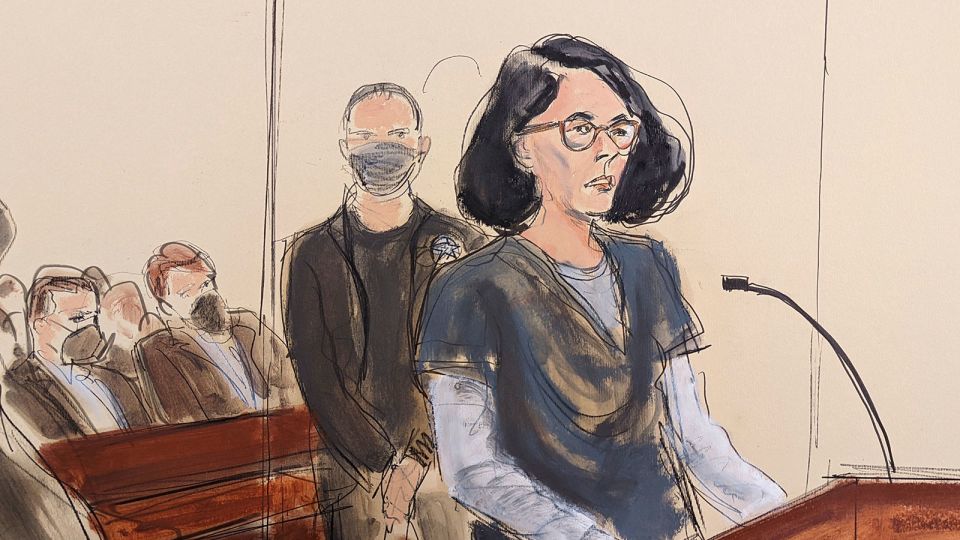
The judge indicated a valid argument for releasing the documents: to reveal the extent of the administration’s disingenuousness.
Conclusively, it’s a significant rebuke for the administration, especially now.
They were already under fire for failing to disclose much about their other strategies to handle Epstein fallout. Even two weeks after the Justice Department interviewed Maxwell, there’s been no additional information shared. We do know she’s been transferred to lower reformatory grounds without clear reasons revealed.
As the situation stands, yet another suggested transparency from the admin won’t yield any valid discoveries—and that’s painfully predictable. (Still awaiting a decision from another judge concerning grand jury transcripts on Epstein’s case.)
So this begs the question: why do they keep stepping into it and waiting for others to demand clarifications?
Was this merely Trump’s decision, with the Justice Department working to support it, or an intentional misstep in aiming to deflect blame onto a judge instead?
Regardless, those genuinely invested in the Epstein case are left unsatisfied.
The looming question for advocates—and especially within the MAGA circles that pushed this issue for a long time—is whether they’ll start recognizing this strategy as the cover-up echoed by Epstein’s victims and their supporters.
For more news from CNN, sign up at CNN.com.

